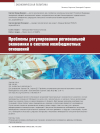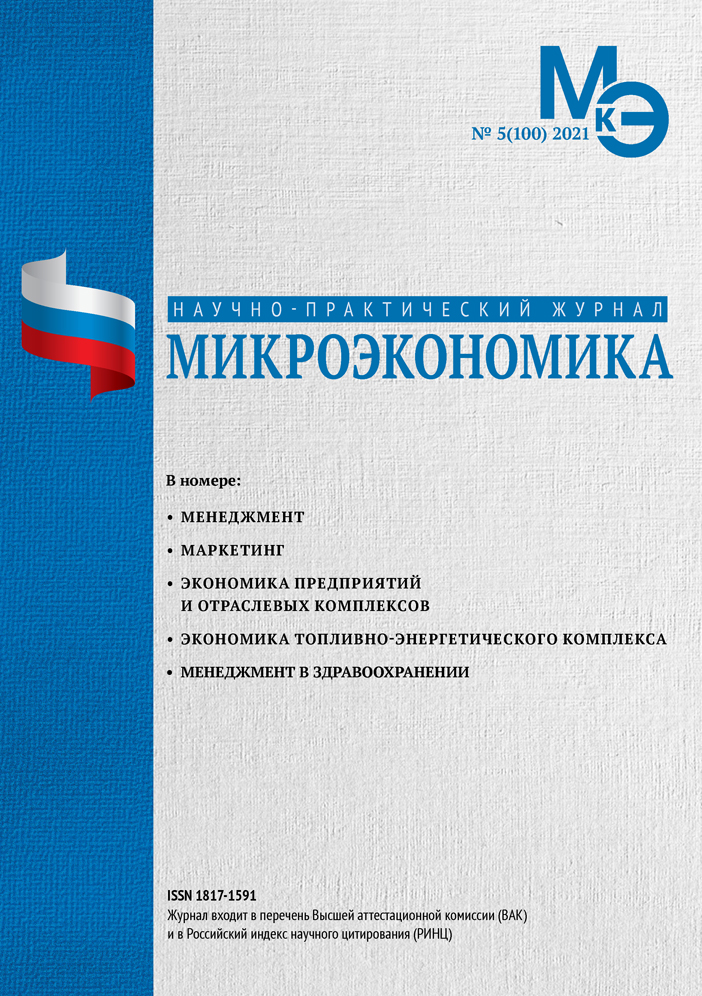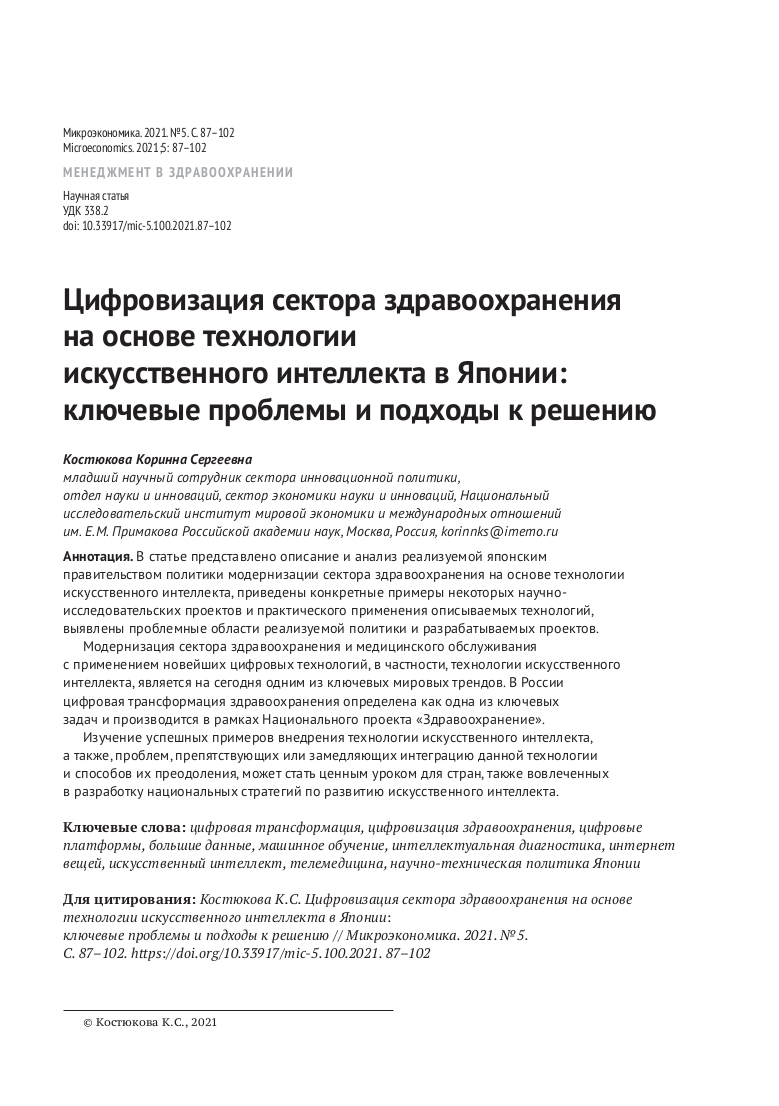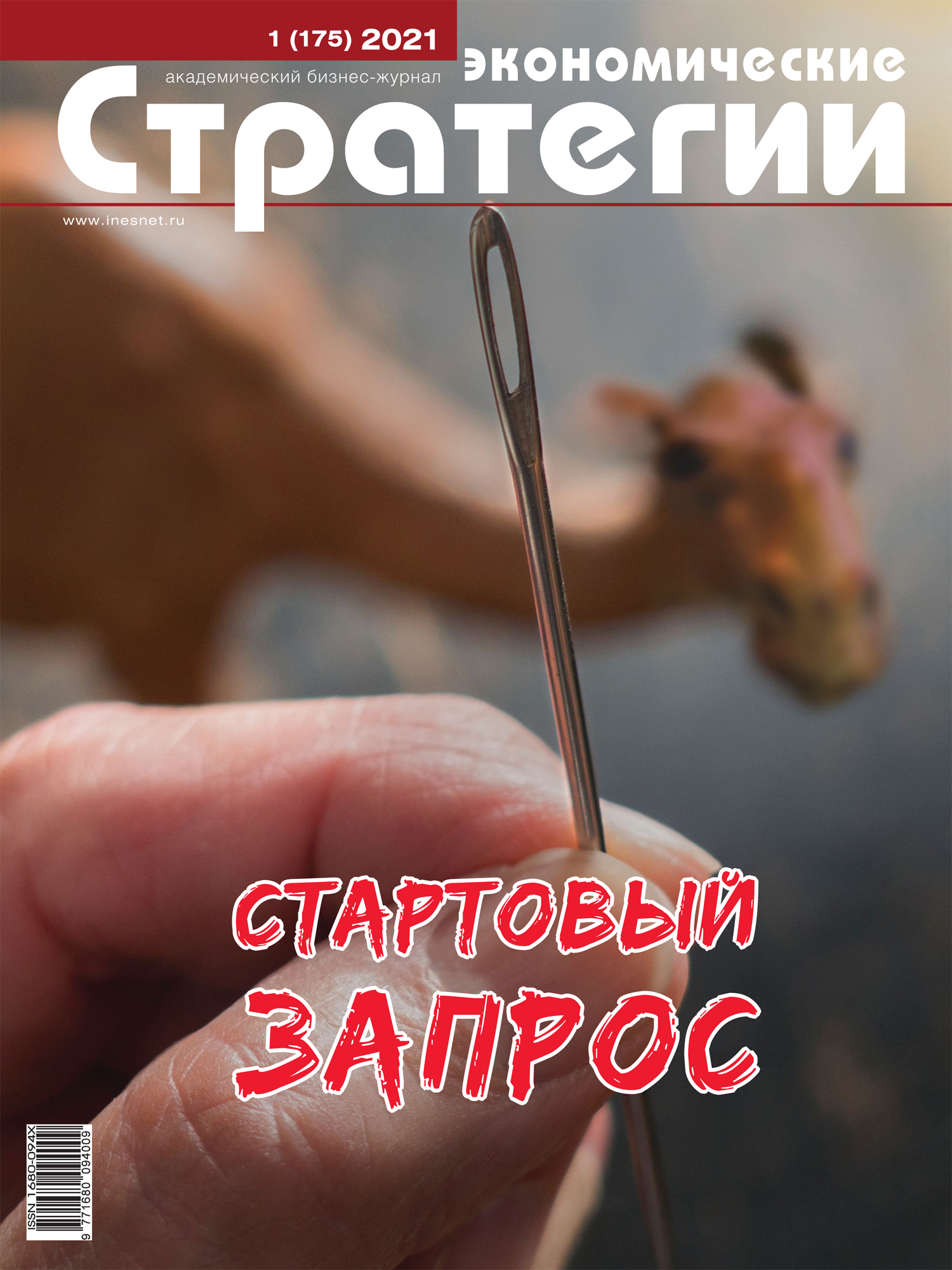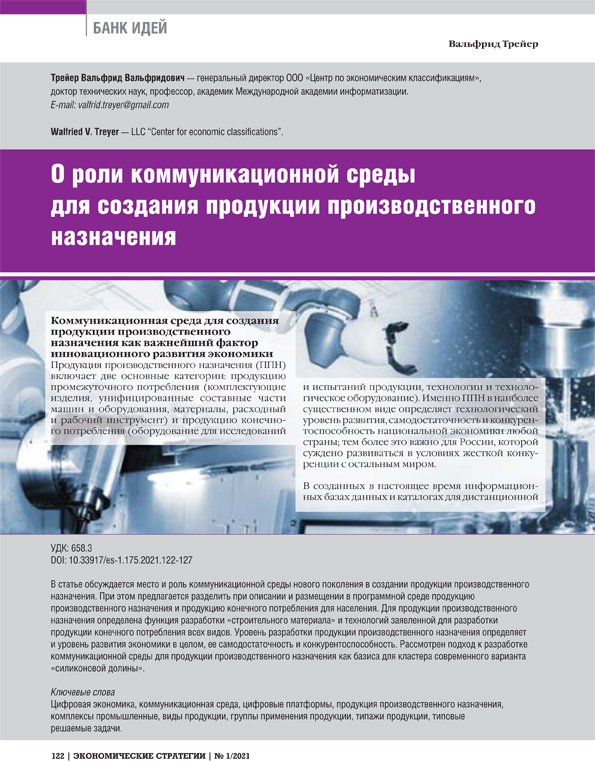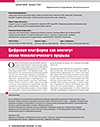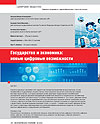DOI: 10.33917/es-2.188.2023.64-71
The aim of the study is to substantiate the directions of territorial economic development within the system of interbudgetary relations. It is emphasized that resolution of ver tical contradictions in the country’s interbudgetary relations requires scientific and applied research. On the whole, although insignificant, there is an increase in the centralization degree of the country’s budgetary resources at the federal budget level. Current mechanisms of interbudgetary relations in the country require new fundamental approaches to providing budget equalization. Strategic socio-economic development of the country should be put at the forefront in the process of reforming relations between the center and the territories. As a result, the necessit y of organizing interbudgetary relations of regional development in the context of “from the future to the present” dynamics is substantiated. In addition, digital plat forms should be used in the mechanisms of interbudgetary relations of regional development.
References:
1. Danilin K.P., Danilina V.G. Etapy razvitiya regional’noi ekonomiki kak samostoyatel’noi nauchnoi distsipliny [Stages in the Development of the Regional Economy as an Independent Scientific Discipline]. Regional’naya ekonomika i upravlenie: elektronnyi nauchnyi zhurnal, 2022, no 1(69), nomer stat’i: 6907, available at: https://eee-region.ru/article/6907/ DOI: 10.24412/1999-2645-2022-169-7.
2. Popod’ko G.I. Vyravnivanie disproportsii territorial’nogo razvitiya resursnogo regiona na osnove realizatsii infrastrukturnykh i investitsionnykh proektov [Aligning Disproportions in the Territorial Development of the Resource Region Based on Implementing the Infrastructure and Investment Projects]. Regional’naya ekonomika i upravlenie: elektronnyi nauchnyi zhurnal, 2022, no 1(69), nomer stat’i: 6912, available at: https://eee-region.ru/article/6912/ DOI:10.24412/1999-2645-2022-169-12.
3. Serebrennikova A.V. Prostranstvennaya ekonomika: perspektivy razvitiya [Spatial Economy: Development Prospects]. Regional’naya ekonomika i upravlenie: elektronnyi nauchnyi zhurnal, 2020, no 4(64), nomer stat’i: 6409, available at: ht tps://eee-region.ru/article/6409/
4. Sergeev L.I. Sostoyanie i problemy mezhbyudzhetnykh federativnykh otnoshenii strany [State and Problems of Interbudgetary Federal Relations of the Country]. Ekonomika i upravlenie: Problemy, resheniya, 2022, no 4(124), pp. 87–105.
5. Molchanov I.N., Molchanova N.P. Sovershenstvovanie mezhbyudzhetnykh otnoshenii i prostranstvennoe razvitie v 2021–2023 godakh [Improving Interbudgetary Relations and Spatial Development in 2021–2023]. Ekonomika. Nalogi. Pravo, 2021, no 14(1), pp. 100–111, DOI: 10.26794/1999-849X 2021-14-1-100-111.
6. Fedorov S.G. Boremsya s bednost’yu regionov: dotatsii ili nalogovoe stimulirovanie? [Fighting Regions’ Poverty: Subsidies or Tax Incentives?]. Rossiiskoe predprinimatel’stvo, 2012, no 15, pp. 17–24, available at: https://rucont.ru/efd/535976.





